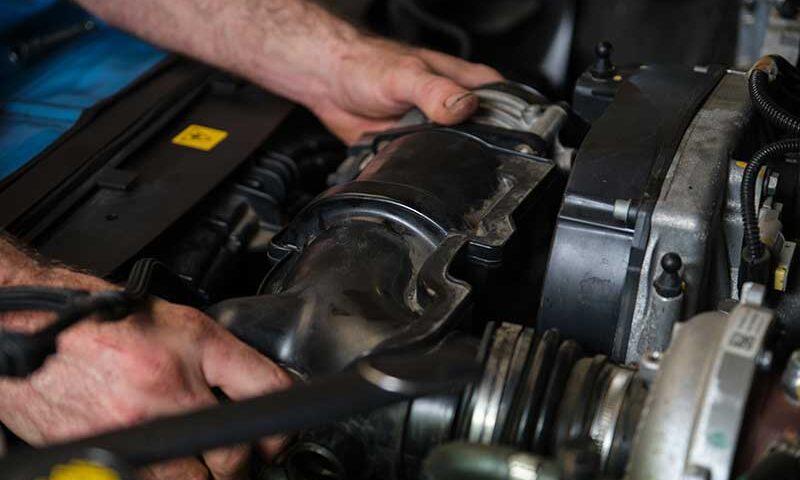When Engines Speak Handling Odd Car Noises

Quick Fixes for Difficult Car Start-ups
August 15, 2023
Driving Dilemmas When Your Car’s Gear Isn’t Right
October 27, 2023As you travel down the road, your vehicle serves as a trustworthy companion, transporting you to your desired destinations. But what happens when your dependable vehicle begins to speak in odd, unfamiliar ways? Unusual car sounds are, to say the least, unsettling, but they are also valuable indicators of your vehicle’s health. In this guide, we will delve into the world of automotive communication, assisting you in deciphering the language of your car’s engine and providing advice on how to deal with those strange sounds.
1. Considering the Clues
Imagine the engine of your automobile as a symphony, with each component performing its own musical note. When everything is in harmony, the voyage is tranquil and smooth. However, when something is wrong, your engine may emit a variety of sounds, including squeaks, squeals, knocking, and rattles. These sounds are your vehicle’s method of alerting you that your attention is required.
2. Recognizing the Noises
- Understanding the varieties of sounds your vehicle may make is essential for diagnosis. Here are some frequent ones and their possible meanings:
- Typically, squealing indicates a loose or worn-out belt. It could be either the serpentine or fan belt.
- These noises may indicate issues with the quality of the fuel, the ignition system, or the engine timing.
- Typically associated with problems with the brakes, such as exhausted brake pads or warped rotors.
- Possible causes of rattling include thermal shields, exhaust components, and engine internals.
3.Understanding the Message
- Do not disregard these peculiar sounds. They are early warning signs of prospective problems that, if addressed immediately, can prevent more extensive and expensive repairs in the future. Here is what you ought to do:
- Observe the Noise: Determine when the noise occurs, such as during acceleration, halting, idling, or turning. Notate the conditions, such as engine temperature and speed.
- Check the Essentials: Occasionally, strange sounds are caused by basic issues, such as debris stuck in the wheel well or a loose hubcap. Start by identifying any obvious issues.
- Consult Your Owner’s Manual: Your car’s manual may contain a section on troubleshooting that can provide insight into the potential causes of specific disturbances.
- Consult a Qualified Mechanic: If you are unable to identify the problem yourself, it is recommended to consult a qualified mechanic. They have the knowledge and equipment to pinpoint the issue precisely.
4.Maintenance Is Crucial
The key to averting strange car noises in the first place is prevention. Regular maintenance, such as oil changes, belt replacements, and brake inspections, can go a long way toward preserving your car’s engine.
In conclusion
When engines make strange sounds, they are not attempting to trick you. They are communicating their requirements, and it is your responsibility to listen and respond. By understanding the language of your car’s engine and promptly addressing any unusual noises, you can ensure a more comfortable, secure, and pleasurable driving experience. Remember that a well-maintained vehicle not only performs better, but also communicates the language of dependability and durability.


